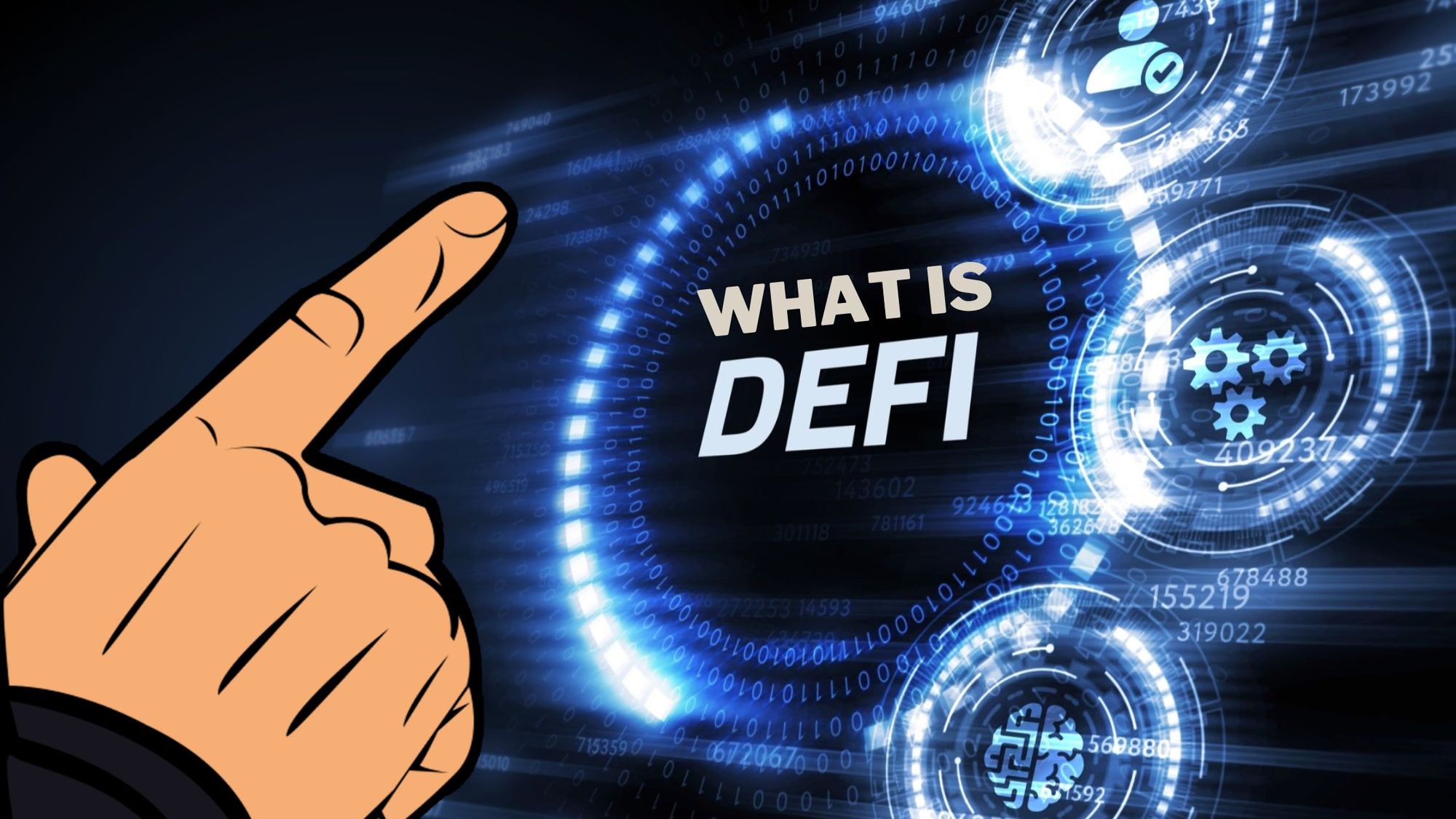DEFINITION:
Tokenization refers to the process of converting rights to an asset into a digital token on a blockchain.
Tokenization is a concept that is particularly prevalent in the context of blockchain technology and cryptocurrencies, although it can also refer to other contexts like data security.
Many investors and thought leaders claim that the future of asset ownership will be through tokenization.
Everything Will Be a Token!
Here's a breakdown of what tokenization means in different contexts:
In Blockchain and Cryptocurrencies:
- Asset Representation: Tokenization allows for the digital representation of real-world assets (like real estate, art, or commodities) or intangible assets (like patents or copyrights) on a blockchain.
- Liquidity: By breaking down assets into tokens, they become more easily transferable and divisible, increasing liquidity.
- Ownership: Tokens can represent ownership or a share of ownership in an asset, allowing for decentralized control and investment.
- Smart Contracts: Tokens often utilize smart contracts to automate actions like distributing dividends or enforcing voting rights, reducing the need for intermediaries.
Types of Tokens:
- Security Tokens: Represent ownership in a real-world asset and are subject to securities regulations.
- Utility Tokens: Provide access to a specific application or service within a blockchain ecosystem.
- Non-Fungible Tokens (NFTs): Represent unique assets, often used for digital art, collectibles, or unique real-world assets.
In Data Security:
- Data Protection: Tokenization replaces sensitive data with non-sensitive placeholders, or "tokens," to enhance security.
- Payment Processing: Often used in credit card processing where the card number is replaced with a token to secure transactions.
- Compliance: Helps businesses comply with data protection regulations like PCI DSS for payment card information.
Advantages:
- Transparency: Blockchain-based tokenization offers a transparent and immutable record of ownership and transactions.
- Accessibility: Makes it easier for people to invest in or own a fraction of high-value assets.
- Security: In both blockchain and data security contexts, tokenization can provide enhanced security measures.
Challenges:
- Regulatory Hurdles: Especially for security tokens, regulatory compliance can be complex and varies by jurisdiction.
- Adoption: Widespread adoption of tokenized assets requires a shift in both technology and mindset.
- Interoperability: Tokens on different blockchains may not be easily transferable or compatible, although solutions are being developed.
Tokenization has the potential to revolutionize various industries by making assets more easily transferable, divisible, and secure.
However, it also presents challenges that need to be addressed, particularly in the areas of regulation and interoperability.

What is the future of Tokenization?
The future of tokenization is widely considered to be promising, with the potential to revolutionize various sectors by democratizing access to assets, enhancing liquidity, and providing greater transparency and security.
Here are some trends and predictions for the future of tokenization:
Financial Markets:
- Security Tokens: Tokenized stocks, bonds, and other financial instruments could become more commonplace, providing investors with more flexibility and lower entry barriers.
- Decentralized Finance (DeFi): Tokenization is a key component of the DeFi movement, which aims to create decentralized financial systems.
- Real Estate: Tokenization could make it easier for people to invest in real estate by purchasing tokens that represent a share of a property.
Collectibles and Intellectual Property:
- Non-Fungible Tokens (NFTs): The popularity of NFTs for digital art, collectibles, and even tweets suggests a future where various forms of intellectual property might be tokenized.
- Royalties and Licensing: Tokenization could streamline the process of paying royalties or licensing fees, with smart contracts automatically distributing payments.
Identity and Data:
- Self-Sovereign Identity: Tokenization could play a role in creating secure, portable digital identities, giving individuals more control over their personal data.
- Data Markets: Tokenization could enable more secure and transparent markets for data trading, where individuals could sell access to their data in a controlled manner.
Supply Chain and Asset Tracking:
- Provenance: Tokenization can help verify the authenticity and origin of products in a supply chain, which is particularly useful in sectors like pharmaceuticals and luxury goods.
- Asset Lifecycle Management: Tokenization can provide a transparent and immutable record of an asset's lifecycle, from production to disposal.
Regulatory and Compliance:
- Regulatory Acceptance: As tokenization gains traction, regulatory frameworks are likely to evolve to accommodate and govern these new forms of assets.
- Compliance Tools: Tokenization platforms may integrate more advanced compliance tools to handle KYC (Know Your Customer) and AML (Anti-Money Laundering) requirements.
Challenges:
- Interoperability: As the tokenization ecosystem grows, the ability for tokens to interact across different blockchains and platforms will become increasingly important.
- Scalability: As more assets are tokenized, the underlying blockchain networks will need to scale effectively to handle increased transaction volumes.
- Security: While tokenization can enhance asset security, the technology is not immune to hacks and fraud, necessitating robust security measures.
- Market Adoption: For tokenization to reach its full potential, it will require widespread market adoption, which is dependent on both technological advancements and regulatory acceptance.
The future of tokenization is likely to be shaped by technological innovations, regulatory developments, and market dynamics.
As these factors converge, tokenization could become a fundamental aspect of how assets are created, managed, and transferred, impacting everything from finance and real estate to identity and data management.
You May Also Like:




